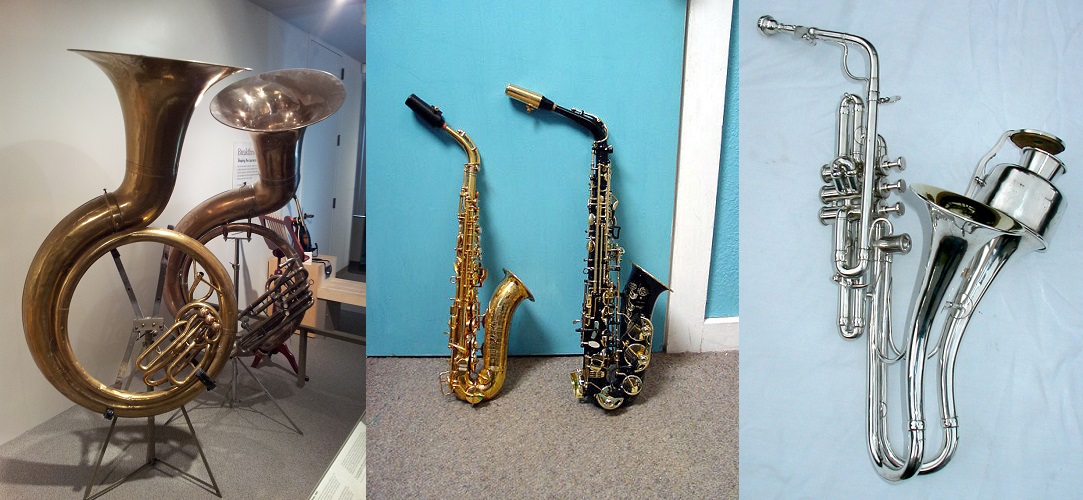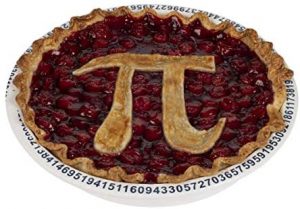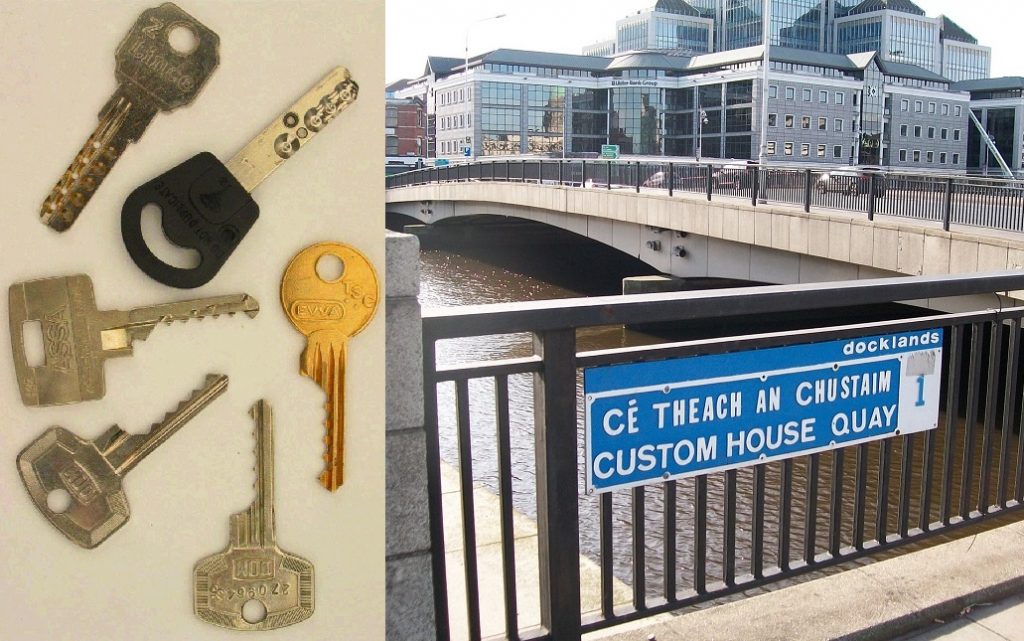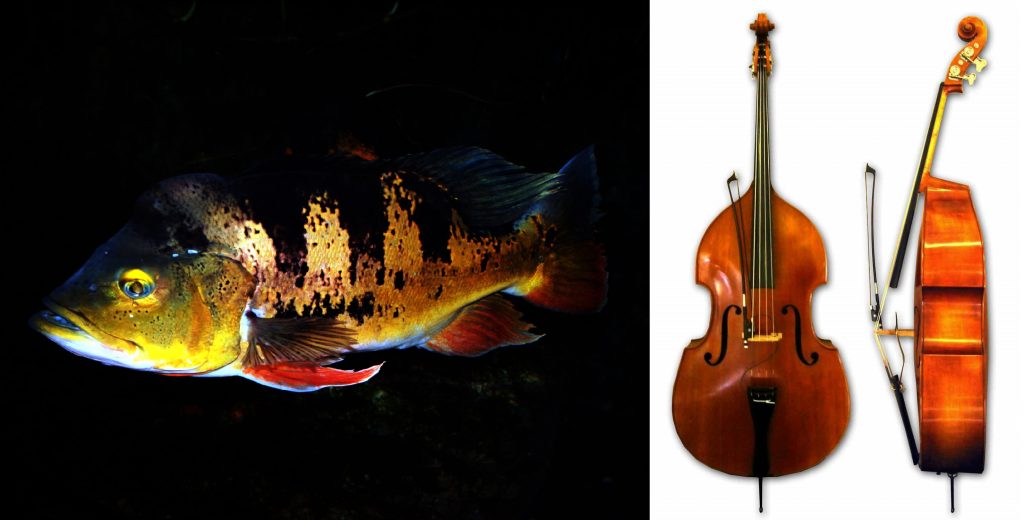Today I feel like playing with words! Considering the history of the English language, it’s no wonder there are so many strange juxtapositions in our syllables. An easy illustration is lay and lei: one from Proto-Germanic and one from Hawaiian.
English is not the only language with homophones and homographs, of course. German, Korean, Vietnamese, and Mandarin are notorious for wordplay based on homophones and homonyms. The language with the most homonyms might be Rotokas, spoken by the people of Bougainville in Papua New Guinea. There are only 150 possible syllables, so each syllable gets a lot of use!
Homophones
I’ll start with homophones, words that sound the same but are different in meaning or spelling. I’ve chosen words that are both! Here, in no particular order are some examples. (This is by no means an exhaustive list. Check here or here for many more examples!)
Can you use all the variations in a single sentence that makes sense?
| All | Awl |
| Be | Bee |
| Forward | Foreword |
| Discreet | Discrete |
| Seed | Cede |
| Our | Hour |
| Aloud | Allowed |
| Pole | Poll |
| Sole | Soul |
| Roll | Role |
| Piece | Peace |
| Cue | Queue |
| Pea | Pee |
| Die | Dye |
| Low | Lo |
| Toe | Tow |
| Ail | Ale |
| Sheer | Shear |
| Here | Hear |
| Wear | Ware |
| Step | Steppe |
| Might | Mite |
| Bear | Bare |
| Limb | Limn |
| Knight | Night |
| Board | Bored |
| Liar | Lyre |
| Sweet | Suite |
| Deer | Dear |
| Stare | Stair |
| Ring | Wring |
There are many pairs of homophones (some estimate as many as 6,000!), but some syllables work extra hard and mean three or more different things. Again, this is nowhere near an exhaustive list.
| Sight | Site | Cite |
| Need | Kneed | Knead |
| Rheumy | Roomy | Roomie |
| Use | Ewes | Yews |
| Sense | Scents | Cents |
| Their | They’re | There |
| Aye | Eye | I |
| Lean | Lien | Leen |
| Poor | Pour | Pore |
| Do | Due | Dew |
| New | Knew | Gnu |
| Bye | Buy | By |
| Idol | Idle | Idyll |
| Aisle | I’ll | Isle |
| Meat | Meet | Mete |
| Weigh | Way | Whey |
| Naught | Knot | Not |
| Pair | Pare | Pear |
Some homophones are dependent on the speaker’s accent. Words that sound the same in Johannesburg may be entirely different in Toronto.
| All/Awl | Oil |
| Oral | Aural |
| Farther | Father |
| Ant | Aunt |
| Bizarre | Bazaar |
| Brooch | Broach |
| Collander | Calendar |
| Tot | Taught |
| Burrow | Burrough |
| Chilly | Chile |

If you really want to go crazy, consider raise, rays, rase, rehs, res, réis, and raze.
- Rase is a verb meaning “to erase”
- Rehs is the plural of reh, a mixture of sodium salts found as an efflorescence in India
- Réis is the plural of real, a currency unit of Portugal and Brazil
- Res is the plural of re, a name for one step of the musical scale
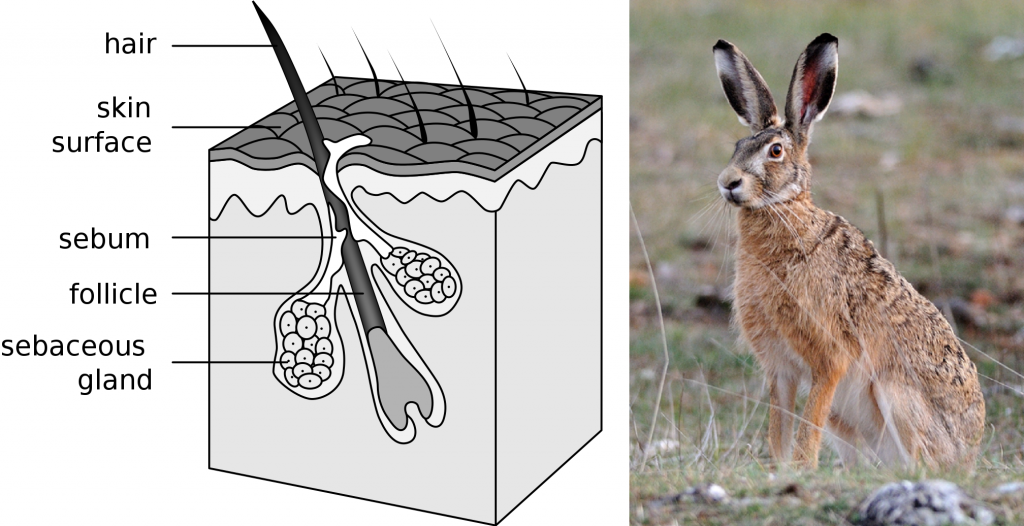
Homographs
Then there are homographs, words that are spelled the same but differ in meaning or pronunciation. I’ve focused on the former here.
- Bar as in drinking place, bar as in fasten the door, bar as in fastener or weapon
- Part as in separate, part as in a piece of something
- Snuff as in tobacco product, snuff as in smothering a candle flame
- Yen as in Japanese currency, yen as in a desire
- Clear as in weather, clear as in clean up
- Foot as in body part, foot as in length
- Wind as in moving air, wind as in turning something
- Chair as in furniture, chair as in run a meeting
- Stand as in get up, stand as in take a stand, stand as in piece of furniture
- Case as in luggage or box, case as in court case
- Bit as in took a bite of, bit as in horse harness, bit as in small amount
- Swallow as in ingest, swallow as in bird
- Pot as in vessel, pot as in plant, pot as in marijuana
- Ring as in jewelry, ring as in bell
- Wire as in piece of metal, wire as in electrical work, wire as in telegraph
- Dig as in make a hole, dig as in “like it”
- Bow as in bend from the waist, bow as in front of a boat
- Stern as in firm, stern as in back of a boat
- Park as in outdoor space, park as in leave a vehicle
- Ear as in body part, ear as in corn
- Second as in time, second as in between first and third
Many of these homographs are variations from a single word origin, and their various meaning can be traced back. If you want to wander down an internet rabbit hole, try looking up the etymology of homophones.
- Walk from the Proto-Indo-European root “wel-” meaning “to turn or revolve“
- Travel on foot
- A pathway along which one might travel on foot
- Pregnant from Latin “praegnantem” meaning “before birth“
- Person who is with child
- Tense pause (full of meaning)
- Plate from Proto-Indo-European root “plat-” meaning “to spread“
- Flat sheet of metal that holds food
- Flat sheet of very thin metal coating an object so it looks like gold or silver
- Layer of the planet’s mantle holding continents, floating on magma
- Secretary from Medieval French “secretarie” meaning “confidant, someone entrusted with secrets“
- Administrative assistant
- Officer
- Type of desk used by a secretary
- Port from Proto-Indo-European root “prtu-” meaning “passage“
- Wine variety originating from the Portuguese city Oportus
- Place where boats anchor
- Left side of a ship when facing forward from the stern
- Medical appliance installed under the skin
- Book from Proto-Germanic “bōk(ō)-” meaning “the part of a beech tree used to make tablets for written documents“
- Reading material
- Make a reservation (originally marked in a book, now more likely kept on a tablet)
- Table from Latin “tabula” meaning “small flat slab, usually for inscriptions or games“
- Furniture for holding meals or other objects
- List of numbers and figures
- To enter into return to a list
- Lift from Proto-Germanic “luftijan” meaning “to elevate”
- Pick up
- Elevator
- Giving a ride
Homographs (non-homophonic)
And then there are homographs that are spelled the same but differ in pronunciation as well as meaning. How many of these do you recognize?
- Wind
- Buffet
- Minute
- Bow
- Bass
- Evening
- Coordinates
- Proceeds
- Does
- Axes
- Agape
- Putting
- Moped
- Tear
- Wound
In many cases, only a shift in stress from one syllable to another indicates whether the word functions as a noun or a verb. As with many elements of the English language, this “rule” has many exceptions.
- Attribute
- Produce
- Refuse
- Frequent
- Discharge
- Second
- Entrance
- Digest
- Interchange
- Content
- Advocate
- Discount
- Contract
And just to increase your vocabulary one more time: homonyms can be either or both!
Bottom Line: It’s no wonder people have difficulty learning English as a second language!
